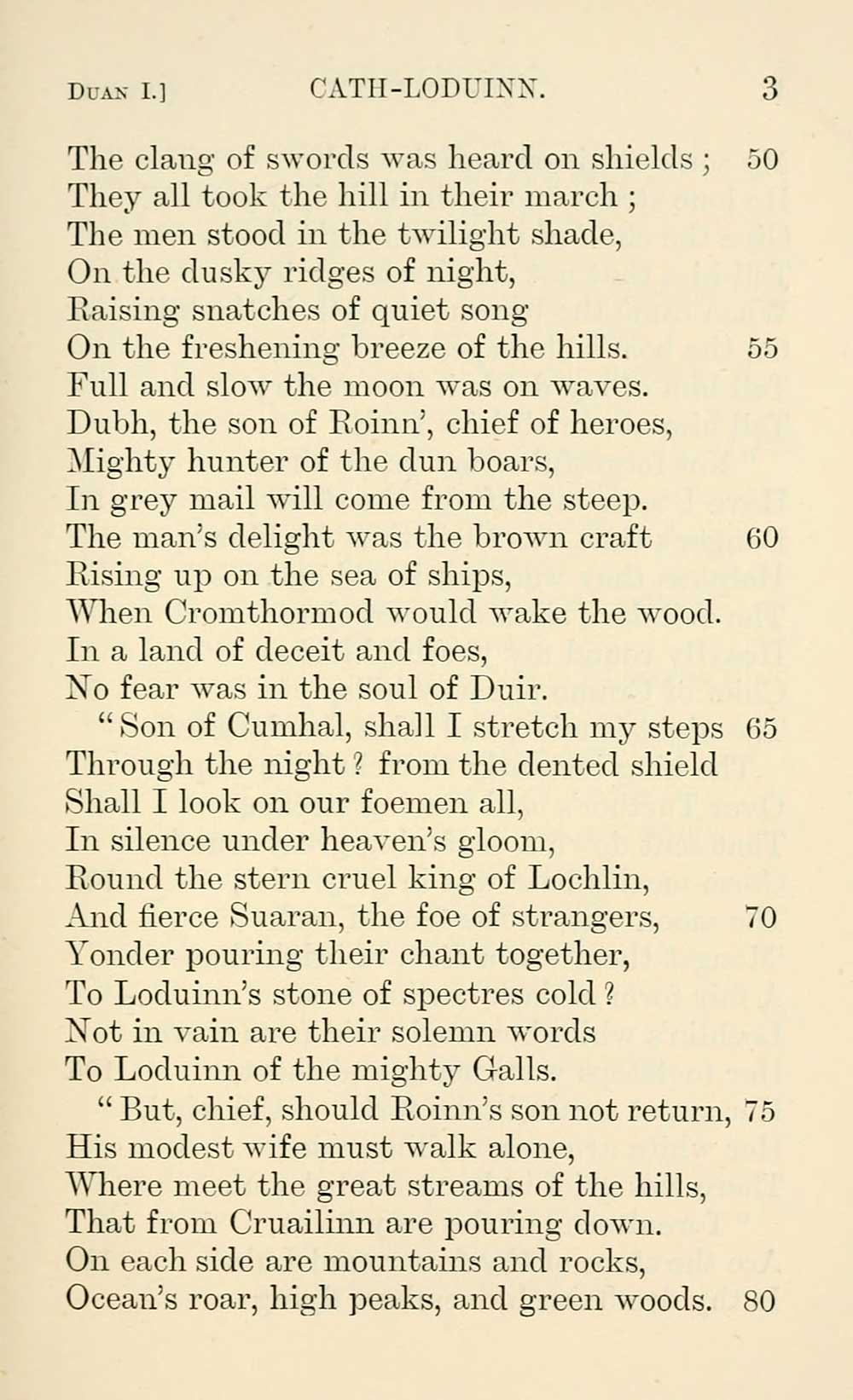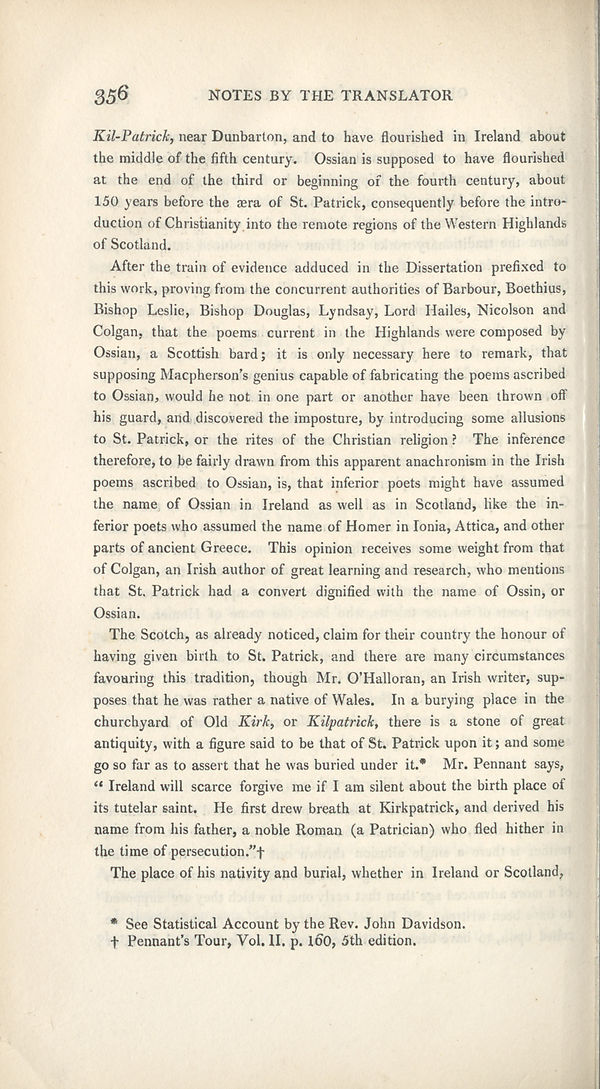

He published his ‘Morte d’Arthur’ in 1842, and first visited Tintagel in 1848 to get inspiration for his narrative poems ‘Idylls of the King’.

It was Lord Tennyson who did most to re-establish mediaeval chivalric traditions and to perpetuate the myth of King Arthur here. And long after the castle had fallen into decay, its mythical associations kept the interest in Tintagel alive. The site was of no military value – legend alone seems to have inspired him to build here. In turn, these associations with legend led the hugely rich and ambitious Richard, Earl of Cornwall, to build a castle here in the 1230s.

At the same time, Cornish and Breton writers linked the love story of Tristan and Iseult with Tintagel. It was probably memories of this seat of Cornish kings that inspired the 12th-century writer Geoffrey of Monmouth to name it in his pseudo-historical ‘Historia Regum Britanniae’ as the place where King Arthur was conceived, with the help of Merlin. From about the 5th to the 7th century AD, it was an important stronghold and a residence of rulers of Cornwall. For good measure, Arthur even notes that he’s never had intercourse with anyone but Guinevere.History and legend are inseparable at Tintagel Castle. Tennyson removes Arthur’s incest with his sister and instead cleanly makes Mordred just his nephew. Then, like a good Christian, he forgives her too–– an act that puts him on a Christ-like pedestal. In Tennyson’s version, the revelation of Guinevere’s adultery is not downplayed by Arthur already having a “deeming of it.” He blatantly scorns her for her sins. In this context, Tennyson’s Arthur had to be built up with Victorian morals to better emphasize the gravity of his downfall. Instead, they had to work for it, proving themselves to be worthy of the power that they commanded. In a time where the people of England were getting more representation, the monarch did not have the same automatic reverence that a medieval King would have received from his people. Just as the Victorians don’t have the same opinions on love as the Arthurians, they also don’t have the same viewpoint on kings.


 0 kommentar(er)
0 kommentar(er)
